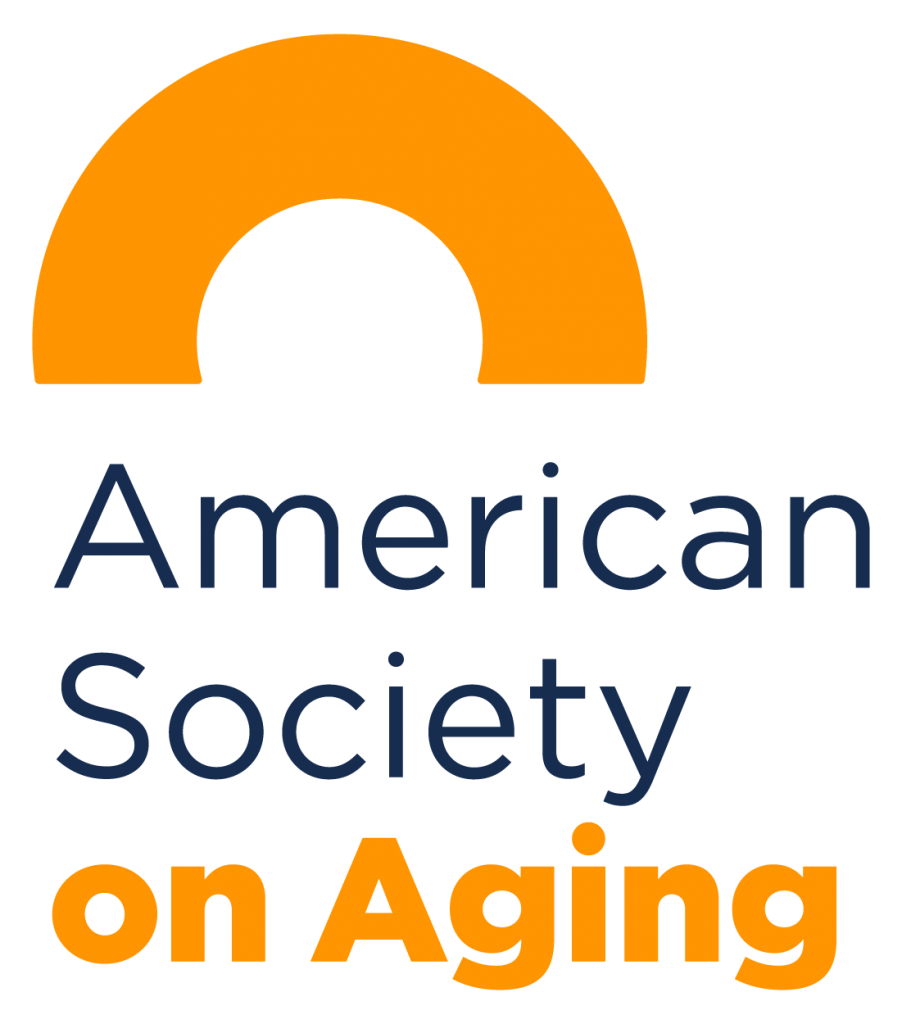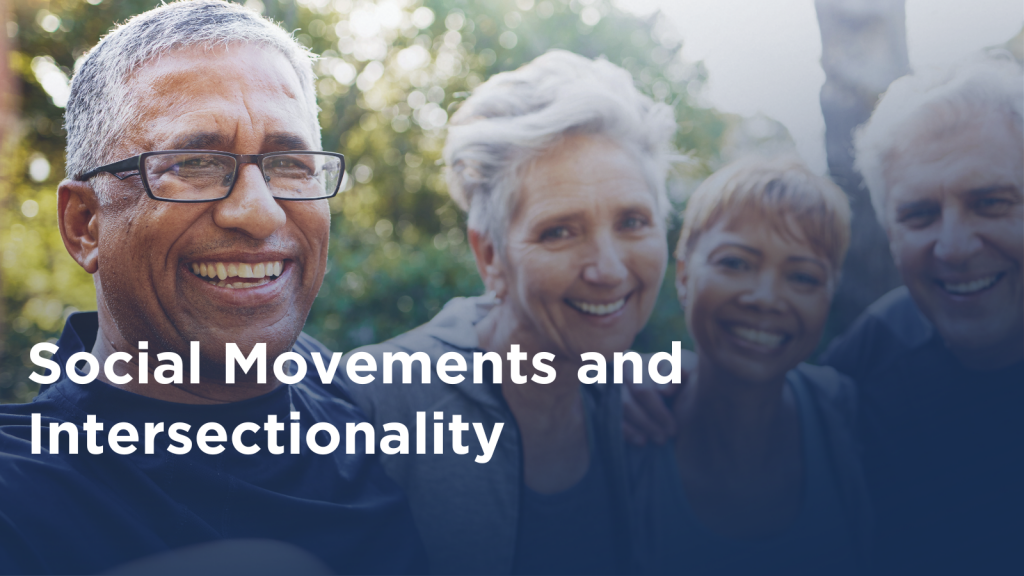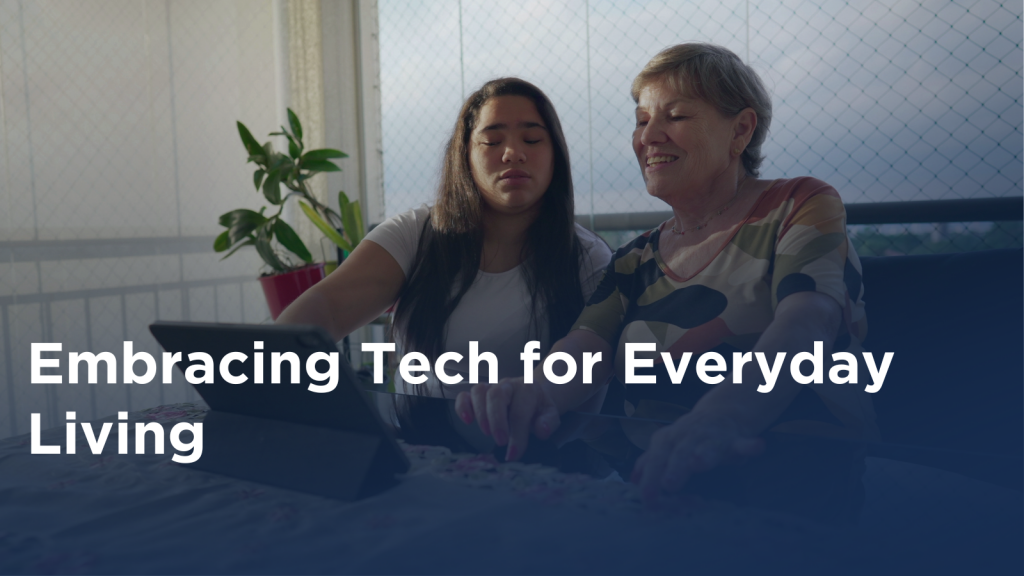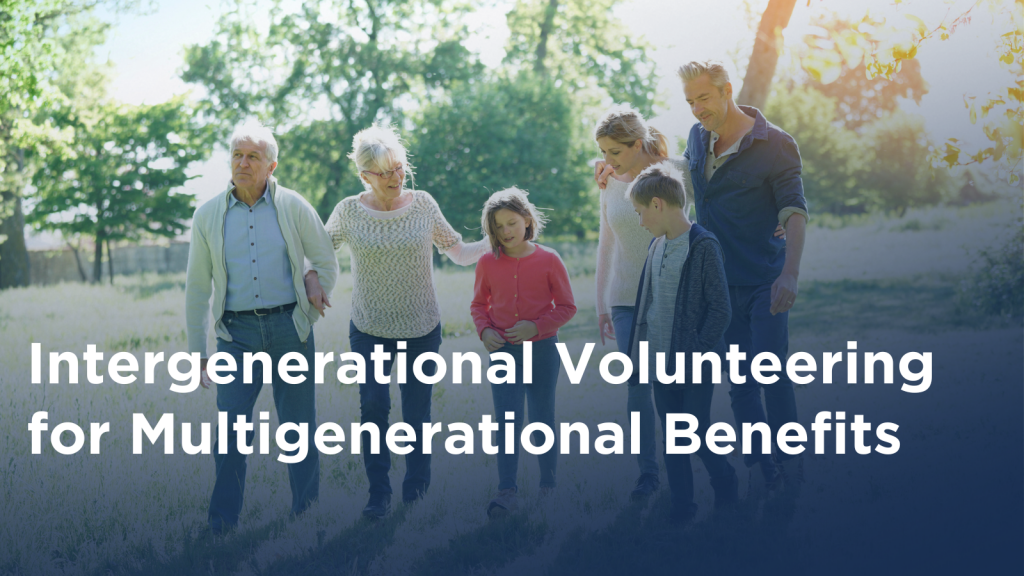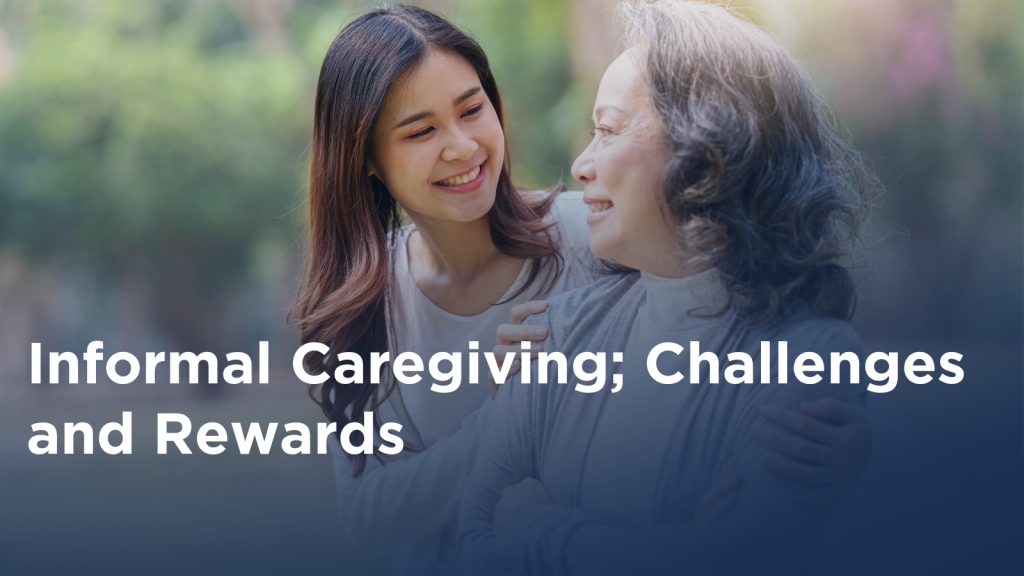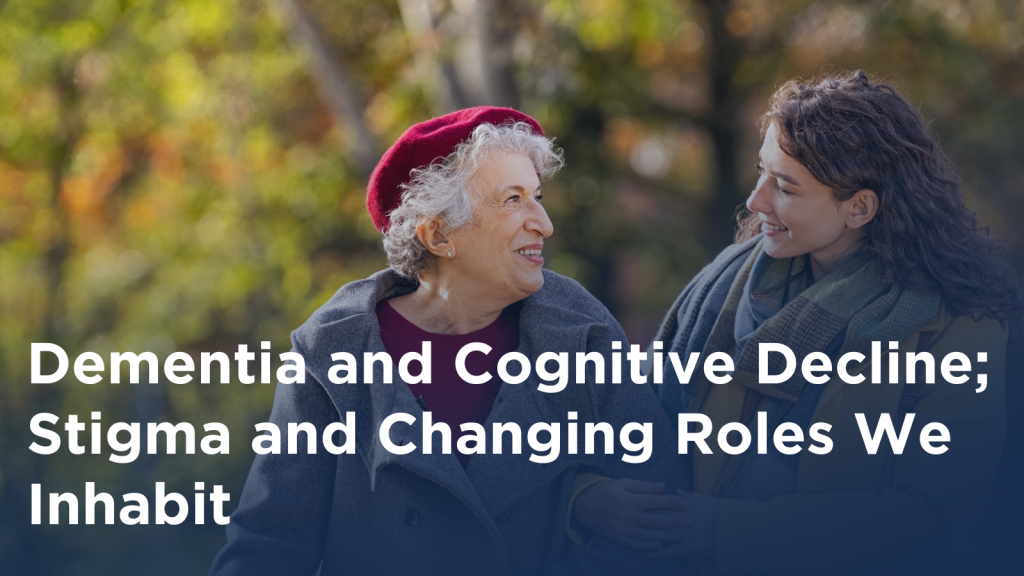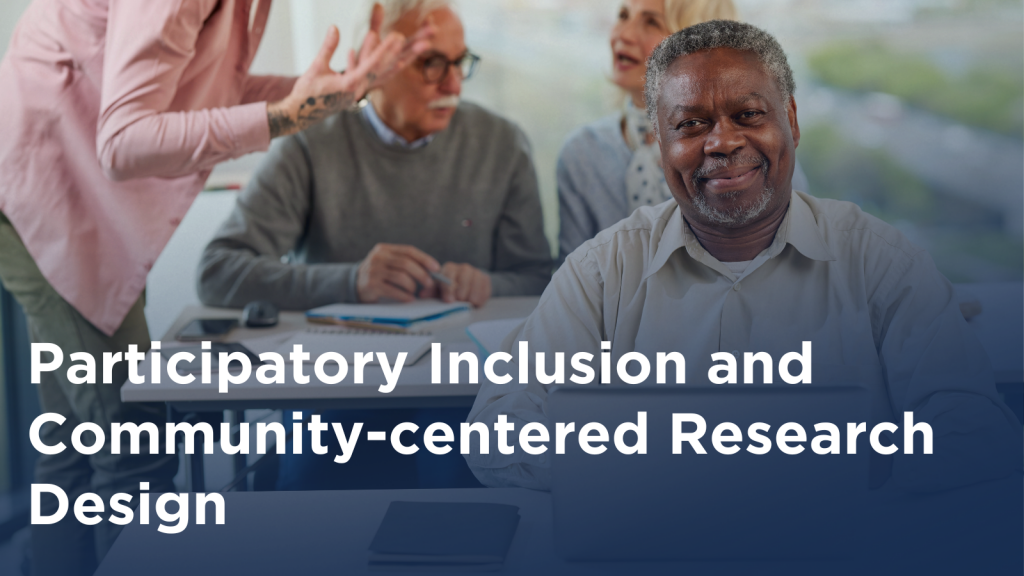Innovation
& Social Impact
Professional Certificate Program
ASA and the University of Southern California Leonard Davis School of Gerontology, home to the oldest and largest school of gerontology in the world, have joined forces to develop an online professional certificate program to build your academic and applied knowledge of our aging society.
Registration is now closed for this course. Future course dates will be announced in the coming months.
Earn a certificate in Innovation & Social Impact in Gerontology
This course explores the intersection of innovation and social impact within the field of gerontology, aiming to equip professionals, researchers and advocates with the knowledge and skills to drive positive change for older adults. Participants will delve into cutting-edge innovations, emerging technologies and novel approaches that have the potential to enhance the quality of life, independence and well-being of aging populations. Emphasis will be placed on fostering creativity, collaboration and ethical considerations to ensure meaningful social impact.
Learn More
This course will provide vital professional development helping you to innovate in the field of aging and grow your career. Learn and engage through research, case studies, practical applications, critical thinking exercises, interviews and panels of experts in more than 15 hours of coursework open to ASA members and the public.
We will cover a breadth of topics, from continuing civil rights struggles to embracing technology for everyday living, but in a nonintrusive way, the multigenerational benefits of intergenerational volunteering, the economic, health and psychological challenges of informal caregiving; dementia, cognitive decline and the stigma surrounding it dependent upon population and, finally, community-centered research design or how to “design with us, for us.”
Future courses will be offered in the coming years, registration fees will be charged per course and certificates will be provided upon completion of each course.
2025 - Ageism & Culture
2026 - Equity & Justice
2027 - Health & Well-Being
2028 - Economic Security
Dates
Enroll by Aug. 2, 2024, for this course, which will run from Aug. 5–Sept. 30, 2024.
Delivery Method
This course is made up of 6 self-paced modules.
Price
Member Rate: $1,325
Non-member Rate: $1,600 (includes a one-year membership to the American Society on Aging)
Advance Your Career in Aging
• Differentiate yourself in the marketplace through an understanding of Innovation & Social Impact in Gerontology from the USC Leonard Davis School of Gerontology, a world-class research university and the largest school of gerontology in the country.
• Boost your professional development and open doors to new opportunities in aging-related industries.
• Engage with research, case studies and experts to gain valuable insights and perspectives from leaders in gerontology.
• Explore the latest innovations, emerging technologies and novel approaches in gerontology to stay at the forefront of the field.
• The flexible combination of synchronous and asynchronous learning allows you to balance your professional commitments with the course requirements.
• Benefit from a multidisciplinary curriculum that covers a range of topics, from civil rights issues to the use of technology and intergenerational volunteering.
• Foster creativity and collaboration skills to address the unique challenges faced by aging populations.
• Gain a strong understanding of ethical considerations in gerontology to ensure your work has meaningful social impact.
• Connect with professionals, researchers and advocates in the field through the On Aging 2024 conference and virtual networking opportunities.
Who Should Enroll?
- Individuals working in aging services who want to enhance their skills and stay updated on the latest trends in gerontology.
- Researchers interested in exploring innovative approaches and technologies to address the challenges faced by older adults.
- Advocates aiming to drive positive change in the lives of older adults through innovative and socially impactful initiatives.
- Individuals considering a career change into the field of gerontology who seek a comprehensive and reputable certificate program.
- Healthcare professionals working with aging populations, including nurses, therapists and social workers, looking to expand their knowledge and make a broader impact.
- Individuals who are passionate about leveraging technology to improve the quality of life, independence and well-being of older adults.
- Community leaders interested in developing community-centered approaches and addressing the unique needs of aging populations.
- Members of the American Society on Aging looking to maximize their membership benefits through specialized education in gerontology.
About the Sessions in this Course
Description: This session explores the dynamic interplay between social movements and the concept of intersectionality, providing students with a comprehensive understanding of how various forms of identity and power intersect within the context of collective action. Students will examine the historical development, theoretical foundations, and contemporary manifestations of social movements while critically analyzing the ways in which different social identities (such as race, gender, class, sexuality and ability) intersect and shape individuals' experiences.
Instructor: Paul Nash
Speakers: Karyne Jones, Raymond Jetson, Leanne Clark-Shirley, Cassandra Burton, Patrice Dickerson, Lauren Pongan
Description: This innovative session bridges the fields of gerontology and technology, aiming to equip professionals in aging services, caregivers, and older adults with the knowledge and skills to leverage technology for enhanced well-being, independence and quality of life. Through an interdisciplinary approach, participants will explore the intersection of gerontology and technology, gaining practical insights into the ways in which digital tools can support aging individuals in their everyday lives.
Instructor: Min-Kyoung Rhee & Aaron Hagedorn
Speakers: Mai Nguyen, Katy Fike, Davis Park, Chris Berno
Description: This session offers a sociological exploration of lifecourse theory and exchange theory within the context of intergenerational volunteering, emphasizing the reciprocal benefits for individuals across different life stages. Participants will delve into theoretical frameworks that inform our understanding of social relationships and contributions across generations, with a focus on how intergenerational volunteering can foster mutual support, social cohesion and community development.
Instructor: Caroline Cicero
Speakers: Bill McKibben, Deborah Royster, Glenda Love, Trent Stamp
Description: This session provides an in-depth exploration of the complex landscape of informal caregiving, examining both the challenges and rewards that individuals experience when providing care for family members or friends. Participants will gain a comprehensive understanding of the emotional, physical and social dimensions of informal caregiving, along with practical strategies for navigating these challenges and recognizing the intrinsic rewards that come with the caregiving role.
Instructor: Donna Benton
Speakers: Donna Benton, Yadira Montoya, Josie Kalipeni, Connie Siskowski
Description: This session delves into the multifaceted social and psychological structures of dementia and cognitive decline, with a focus on understanding the societal stigma associated with these conditions and the evolving roles individuals inhabit when affected by or caring for someone with dementia. Further exploration into the risk factors and typologies of dementia will cement knowledge and understanding. Participants will explore the scientific underpinnings of cognitive decline, societal perceptions of dementia, and strategies for fostering compassionate, inclusive communities that support those living with cognitive decline.
Instructor: Liz Zelinski
Speakers: Crystal Glover, Patrice Dickerson, Amber Hoon, Julia Burrowes, Dan Stewart, Jacki Bennett
Description: This session is designed to equip researchers, community leaders, and practitioners with the knowledge and skills to engage in participatory and inclusive research practices. Participants will explore methodologies that prioritize community involvement, fostering collaborative research designs that empower diverse voices and address real-world challenges. Through a combination of theoretical discussions and practical applications, this course aims to cultivate a deeper understanding of participatory inclusion in research.
Instructor: Kate Wilber
Speakers: Darlingtina Esiaka, Patrice Dickerson, Keri Vogtmann, Janet Spears
Refund Policy
We do not offer refunds for this course.
Questions
If you have any questions about this course, please reach out to vruiz@asaging.org.



